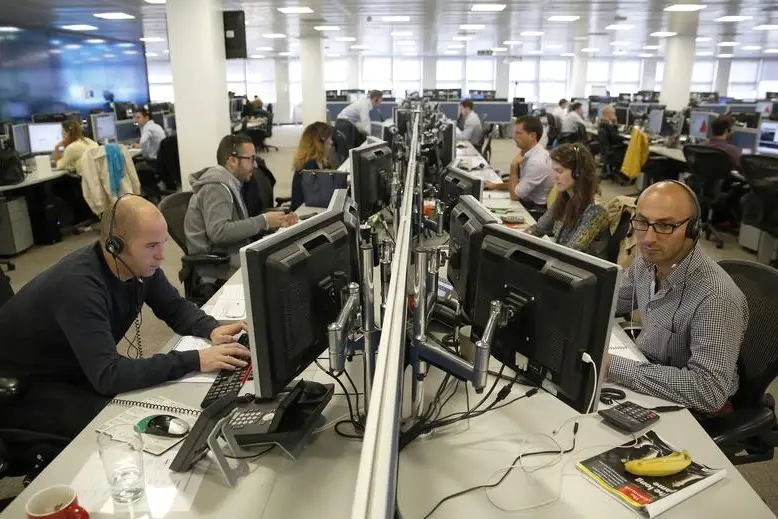PHOTO
UK's main stock indexes fell to an over one-month low on Wednesday, as a closely watched measure of core prices surged to a 31-year high in April, cementing bets of further interest rate hikes by the Bank of England.
The export-focussed FTSE 100 fell 1.5%, hit by the risk-off mood in global markets on the U.S. debt deal uncertainty. The mid-cap FTSE 250 also shed 1.5%.
The pound climbed after data showed April consumer inflation (CPI) eased to 8.7% but was above economists' expectations, sparking fresh bets that the BoE would not budge from monetary tightening just yet.
Core inflation, which excludes energy, food and tobacco prices, and price growth in the services sectors both hit their highest rates since March 1992.
"Services inflation gives a better read on underlying price pressures in the economy due to close links to the labour market," said Hugh Gimber, global market strategist at J.P. Morgan Asset Management.
"Based on the current evidence, both investors and savers should be prepared for the prospect of 5% interest rates later in the year."
Offsetting the sombre mood, Marks & Spencer Group Plc added 9.1% and hit a more-than-a-year high, as the retailer forecast a modest annual revenue growth and said it would resume its dividend with an interim payout in November.
UK equities have been broadly range-bound since late April, as investors digested mixed corporate results, while also staying cautious given the U.S. debt ceiling deadlock.
Among other stocks, Aviva Plc tumbled 3.3% after the asset manager reported subdued quarterly net flows to its wealth arm, citing market volatility.
Ocado Group Plc slid 1.7% after it was marked to be removed from the FTSE 100 index and added to the FTSE 250 index.
Kingfisher Plc slipped 1.5% after the home improvement retailer said wet weather hit quarterly sales.
(Reporting by Johann M Cherian in Bengaluru; Editing by Sonia Cheema and Janane Venkatraman)





















